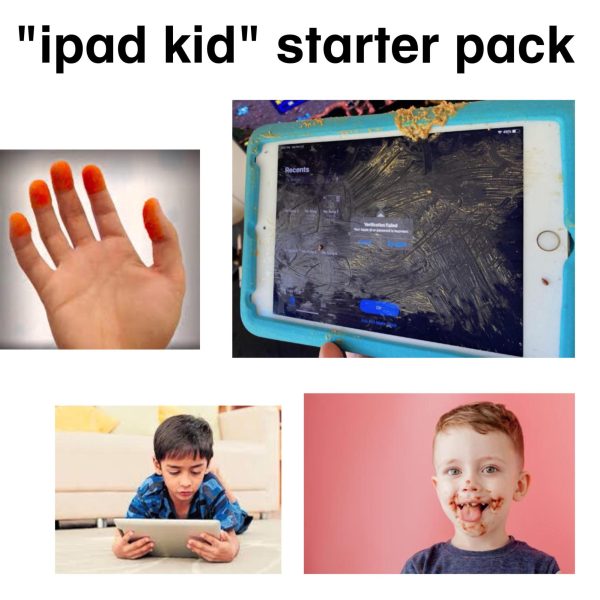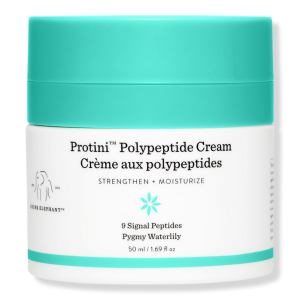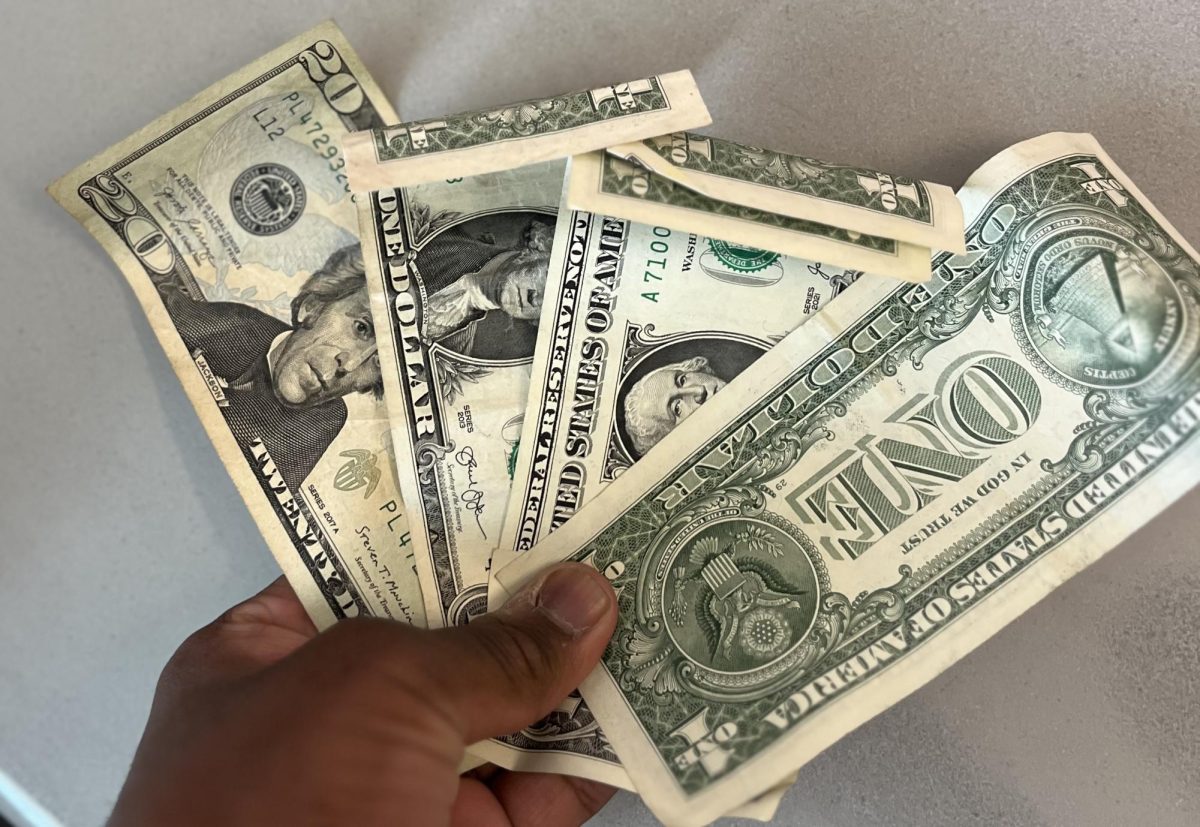Gone are the days of children frolicking over mulched playgrounds, navigating endless monkey bars, and tumbling down slides. Although I might have been more the type to hole up inside with a book (which ironically, has been easily replaced with a Kindle), sometimes I miss the ability to feel boredom. These days, it’s just too easy to power on the nearest distraction and text, doomscroll, or feed my Candy Crush addiction. Today’s digital era has ushered in a new playground for all ages — one of screens and virtual spaces — where whimsical escapades are replaced by the tapping of keys and the glow of electronic devices (but not that I’m complaining, really).

In the case of the newest generation, (or Generation Alpha, as the Internet likes to call them,) stereotypes like the “iPad Kid” are clear indicators of the social impacts of technological development on youth culture. We, as an online collective, love to assign labels to things. They make it easier to judge. As slightly older members of Generation Z, it’s easy to villainize our younger siblings and random middle schoolers when we’re just barely removed. I have an eighth-grade sister, so believe me, I know. If anything, our barely-there age gap makes the hating even easier. We’re old enough to differentiate ourselves and claim superiority, but young enough to roll our eyes and complain. And where better to condemn others than TikTok, the epitome of our generation?
Since December of 2023, the hashtags #sephora and #sephorakid have gone viral on social media sites like TikTok and Instagram. Videos of this phenomenon have garnered millions of views, with the latter tag racking up a total of a total of 452.1 million views. Keep in mind the fact that the first video pointing out this pattern was uploaded only on December 30, by the TikToker @chloevanberkel. Almost half a billion views, and it’s barely been a full month. Since then, teen and adult beauty shoppers and staff alike share instances of trashed product displays and rude encounters with young customers, often secretly recording the “tweens,” whose ages range from around 10 to 12 years old. (Generation Alpha, so think middle school age.) They often exhibit terrible behavior and are disrespectful to their parents as well as unsuspecting store staff.
In particular, these pre-teens target TikTok-trendy brands, such as Drunk Elephant, Glossier, and Glow Recipe, whose products are recognized by their vibrant aesthetic packaging and sky-high pricing. Children are conditioned to want what their friends have, and what’s been forcefully advertised to them. All done for the sake of fitting in, a concept that’s nothing new. But it’s this all-consuming want, combined with astronomical prices that leads to controversy. In particular, the issue centers around entitlement. Often their snappy, patronizing, and rude demeanor is attributed to well… the internet.
To an extent, this is a fair assessment. Gen Alpha, comprised of recent graduates of fifth-grade, is naturally falling prey to the clickbait and exorbitant consumerism of social media. Children are being constantly bombarded by advertisements, whether or not they’re aware. From self-proclaimed “beauty gurus” to heavily filtered makeup influencers to covert brand deals, bias isn’t always obvious. Additionally, brands often rely on word-of-mouth advertising, meaning content consumers are left to make their own choices, which are usually pro-buying. Or, in the case of children, pro-parent-buying.
By begging, screaming, and being completely horrible nuisances, they manage to coerce their mothers into buying them the latest product that they’ve seen scrolling their endless “for you” pages. The products range from mildly expensive (think 15 dollars) to insanely “why are you buying this for anyone, much less a child”-expensive. Coincidentally, it’s mostly the ridiculously costly products that they want.
But it’s not solely about the money. Skincare products from popular brands like Drunk Elephant often focus on anti-aging properties. These expensive and potent products often contain strong chemicals aimed to minimize the effects of time. With over half a million “favorites” on the Sephora website, Drunk Elephant’s leading product, a $70 polypeptide cream, claims to restore “younger, revived-looking skin” by reducing lines and wrinkles. Obviously, children don’t need this. But they do. (Full disclaimer: I was looking for statistics on DE’s website and was strongly tempted to make a few purchases.)

This is nothing new. For a long time now, beauty standards have been obsessed with the idea of staying forever youthful — faces free of spots, wrinkles, and stretch marks — anything that signifies the passage of time. But these toxic ideals have only continued to spread. It’s clear that something needs to be fixed when literal fifth-graders are storming beauty retailers in search of their next holy grail.
They’ve internalized the message that aging is bad and that getting older somehow diminishes worth. Not to insert myself into this or anything, but when I was their age, all I wanted to do was feel older. And to some extent, they feel the same way. By attempting to conform to the same bogus and increasingly impossible beauty standards as their parents, children are trying to feel “grown-up” by looking young. Which… they already do???
Ultimately, the innocent childhood hobby of playing pretend and dress-up has been twisted into a marketing scheme. The word “tween” itself stands for those in the transitional period in be(tween) childhood and teenage years, an age where they’re delicate and easily influenced. Typical teenage insecurities like low self-esteem and body image issues are being delegated to pre-teens, which are then being capitalized upon, and have become profits for skin-care companies unsuitable for children, or rather, tweens.
This isn’t to say that it’s unnatural for those of all ages to be insecure — it’s just an unfortunate fact that the general judgementalness that accompanies the internet loves to label things as “cringe.” Namely embarrassing, usually childish, things. The exact things that the perceived majority of Generation Alpha is trying to get rid of. Because of the internet, the innocent phase of childhood is increasingly accelerated, a seemingly small price for some materialistic self-confidence. But what can we do about it, other than watch?
While obviously difficult, it falls to parents to manage their children, both their behavior and spending. This means that parents are the ones at fault for the “Sephora kid” epidemic. It may be a combination of horrible, unfortunate, circumstances to grow up in, as well as the fact that Gen Alpha is the first generation to grow up completely during the age of digital entertainment, but this behavior clearly needs to be curbed. But it’s time to start blaming parents, the ones who encouraged or have even just stood by and tolerated this behavior. Hold parents accountable, instead of publicly shaming children whose only mistake was adapting to the world we have created.
It’s impossible to erase the negative effects of social media without negating the positive effects as well. We can’t stop children from consuming media, we — as future parents, educators, and society as a whole — can only give them the tools and awareness for self-regulation. And hopefully, their innocent childhoods, and those of their children, will be conserved.







